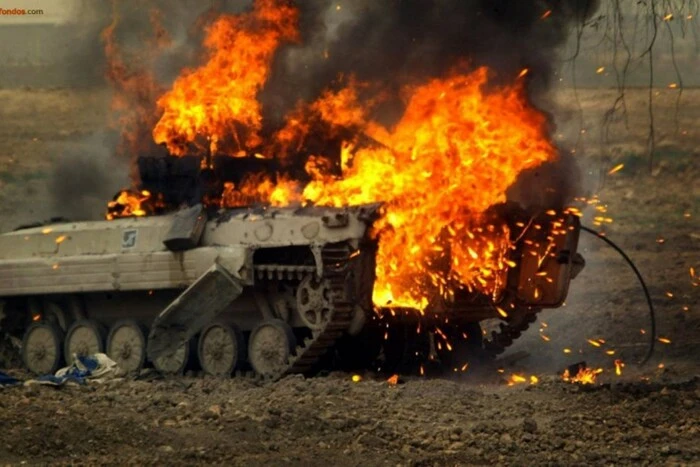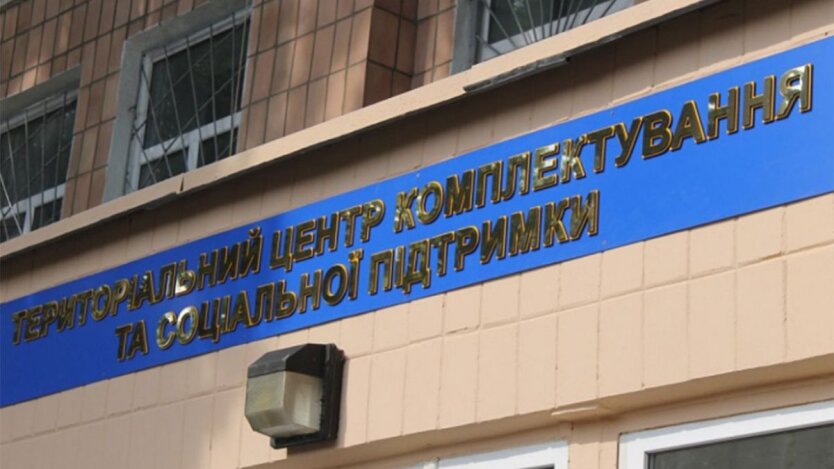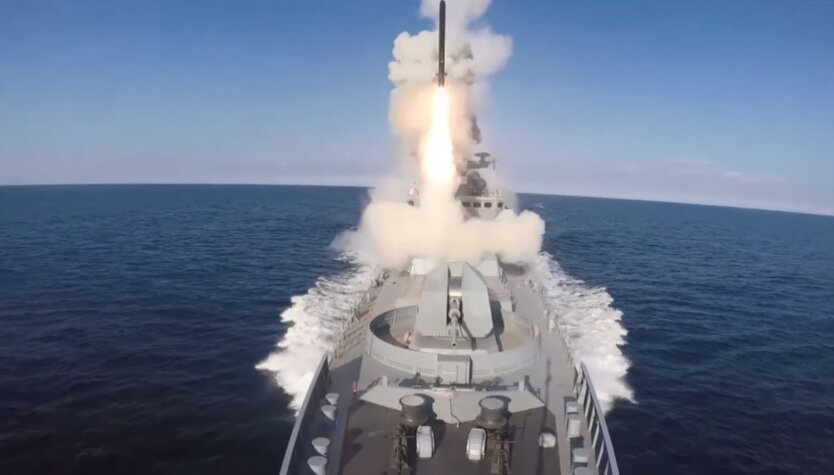DTEK reported the shutdown of gas extraction facilities following the Russian attack.


On March 7, Russian attacks caused significant damage to DTEK gas extraction facilities in the Poltava region. This was reported by DTEK.
“This morning, DTEK gas extraction facilities in Poltava region were attacked. Due to the damage inflicted, the facilities ceased operations,” the company stated in an official message.
In addition to industrial facilities, civilians were also affected. In the Myrhorod district of the regional military administration, it was reported that debris from the enemy's target fell on a private residential house. “Unfortunately, two people were injured, including a child. They are receiving the necessary assistance. Two private residences and a gas pipeline were also damaged,” the OVA reported.
It is worth noting that this is not the first Time Russian troops have attacked gas extraction facilities in the region. Last month, DTEK also reported a similar attack: “This morning during a missile attack, there was a hit on DTEK gas extraction facility in Poltava region. The facility is not operational. An assessment of the damage and destruction is underway.”
The March 7 attack affected various regions of Ukraine. Occupiers used strategic bombers Tu-95MS, from which they launched X-101 missiles, Caliber cruise missiles from the sea, ballistic missiles, and drones. Witnesses reported explosions in Kharkiv, Ivano-Frankivsk, Poltava, and other cities in the country.
It is also worth mentioning that the Armed Forces of Ukraine used Western weapons against Russian 'Kalibrs' for the first time.
Read also
- Enemy losses as of July 8, 2025 – General Staff of the Armed Forces of Ukraine
- Trump's statement on arms transfer to Ukraine, attack on Mykolaiv:
- Trump Sends Letters on 25% Tariffs to US Allies
- TCK has drastically tightened security measures: what will change for Ukrainians
- Britain is ready to finance Ukrainian interceptor drones as early as this month, - Zelensky
- Why Russians have started using 'Kalibr' missiles more frequently: explanation from the Navy









